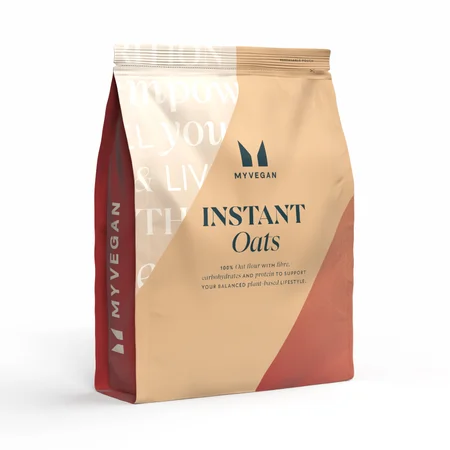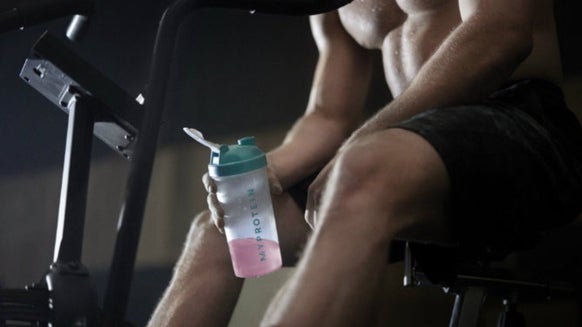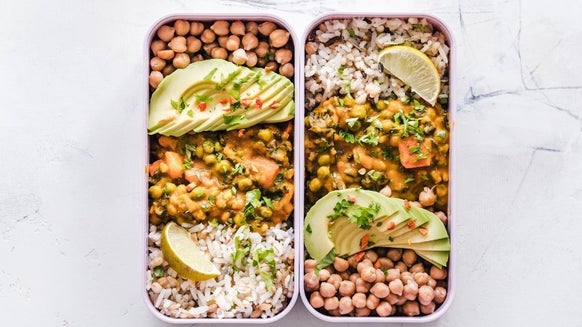What To Eat To Fuel Your Runs

These past few months have seen cars on our roads replaced with the footfall of runners. Runners who have tied the laces on their trainers for the first time in months and some who have never run before.
Whether you’re thinking about starting out, are fairly new to the sport or have always dipped your toe into the world of running, nutrition can be a tricky subject to navigate. We all want to fuel our runs the best we can to get the most out of each session!
We’ve pulled together the most important and need-to-know pre-run nutrition info so that you don’t have to.
Here’s what we recommend that you eat to fuel your runs, depending on the type of session you have in mind:

Short distance runs
Our definition of a short run might vary to yours so, just in case, our version of a short run is any type of run that is less than 3km in length.
This could be a sprinting session, a short benchmark run or when you’re starting out in the world of running. Shorter runs are likely to be faster than a longer run, taking up more of a sprinting pace.
Protein is your friend, particularly if you’re a competitive sprinter, as increasing your protein intake is important when maintaining a high lean body mass. Protein is required to build muscle and sprinting is a high-strength sport that uses many muscles throughout the body, including the leg, arm and abdominal muscles, to power each stride.
Aim to fuel up on a source of protein before each run, whether that’s with a protein shake, bean salad or turkey sandwich, for instance. Don’t forget to leave enough time between your run and meal or snack so that your food has time to digest — take it from us, running with a full stomach is not the most comfortable thing in the world!
After you’ve finished your post-run stretches and cool down, aim to eat a high protein snack or meal the next time you sit down to eat. Don’t fret about consuming protein within 20 minutes or an hour post-run, just make sure that your next meal focuses on protein to help increase your protein intake.
Middle distance runs
A competitive runner may view the term ‘middle distance’ as anything from 400m - 1,500m, whereas a recreational runner might define a middle distance as anything from a 5k to a 10k.
The longer you run, the higher your partial oxygen percentage (also seen as VO2max), which demands more carbohydrates than normal. This means that the longer your run, the more carbohydrates you need to consume as this macronutrient is what produces the energy needed for your runs.
As the name would suggest, you won’t travel as far on a middle distance run as you would for a longer run, so you’ll need fewer carbohydrates than you might immediately think.
We recommend eating a meal or snack pre-run that’s focused around slow-release carbohydrates, such as bananas, beans and wholegrains. Don’t forget to include a source of protein and healthy fats as these are still essential for your energy levels.
When you arrive back from your run, make sure that you have another carbohydrate-focused snack, once again including protein and fat within the food as a balance of the three macronutrients will help with recovery.
Long distance runs
For some, a 5k doesn’t quite tick the box. Whether you’re training for a specific event or you find that your runs are taking the shape of a full or half marathon just on their own, we’ve got you covered.
Glycogen stored in our muscles tends to be the first point of call to obtain energy during the initial 90-120 minutes of running, as well as some blood glucose and stored fat. As the exercise period extends, fat oxidation becomes the main provider for energy.
In short, you want to increase your body’s glycogen stores as much as possible prior to setting off on your run. This is where the phrase
Ensure that your meals are heavily focused around carbohydrates in the day before and the morning of your long runs. Aim for foods with a low Glycaemic Index (GI) so that the energy is released slowly over time, such as oats, pulses and wholemeal bread.
You’ll want to think about fuel during your run too, such as energy bars, gels or bananas. Either ask a friend to meet you half-way or pack an energy dense snack in your pockets.
Take home message
Generally, the longer your run, the more carbohydrate-focused your food should be in the period before your run.
It’s well worth taking the time to see what works for you before you set off on your runs. If you find that eating a large meal before a run doesn’t work for you, make sure you continue to eat when you come back from your run so that that you can recuperate and refuel.






